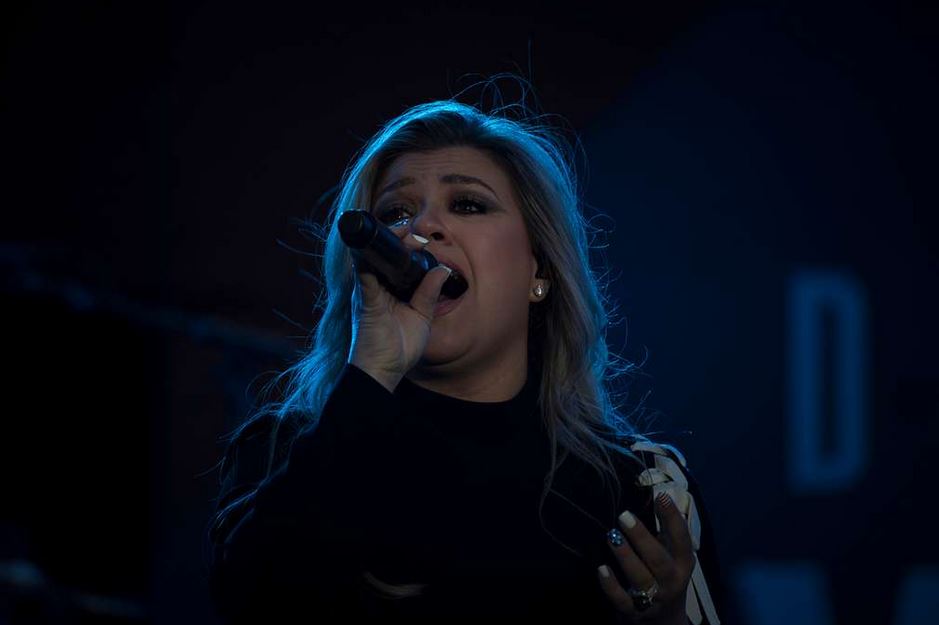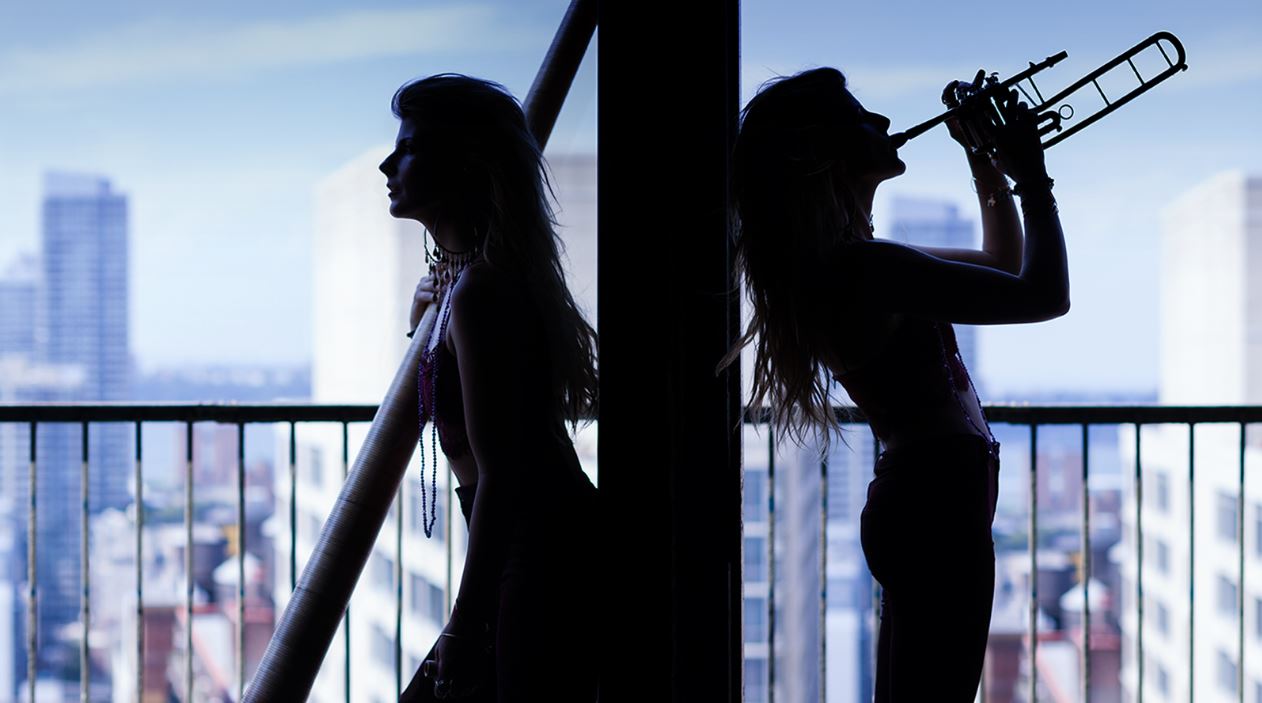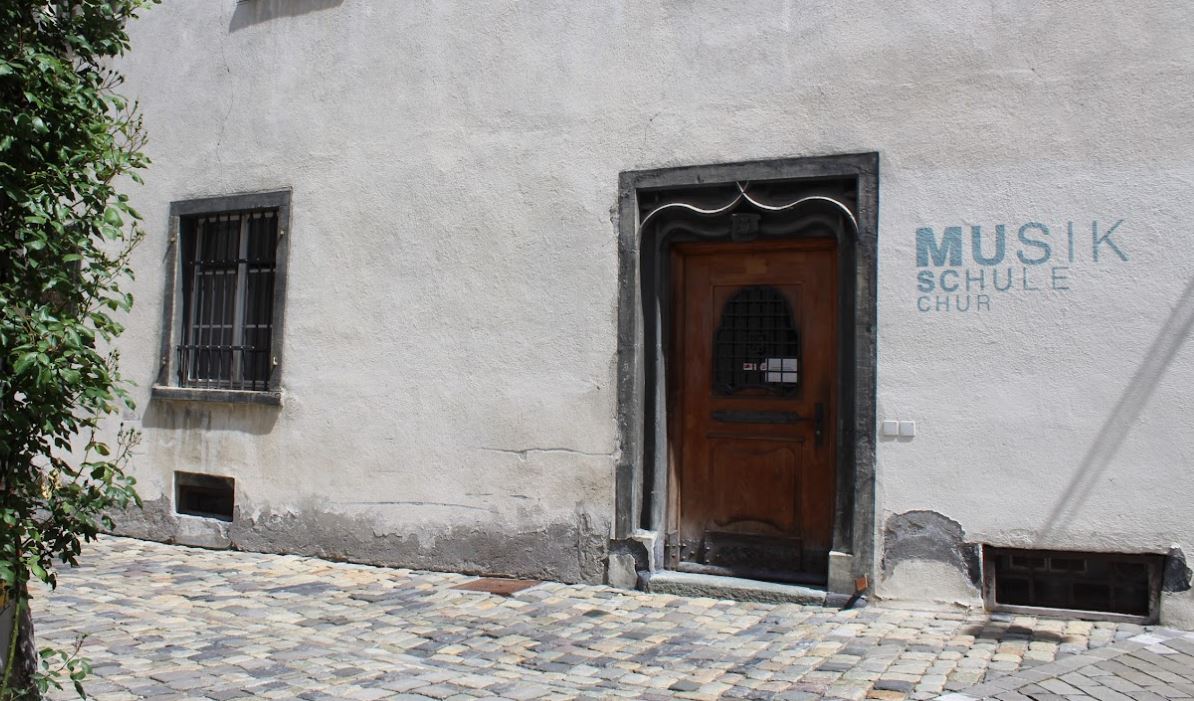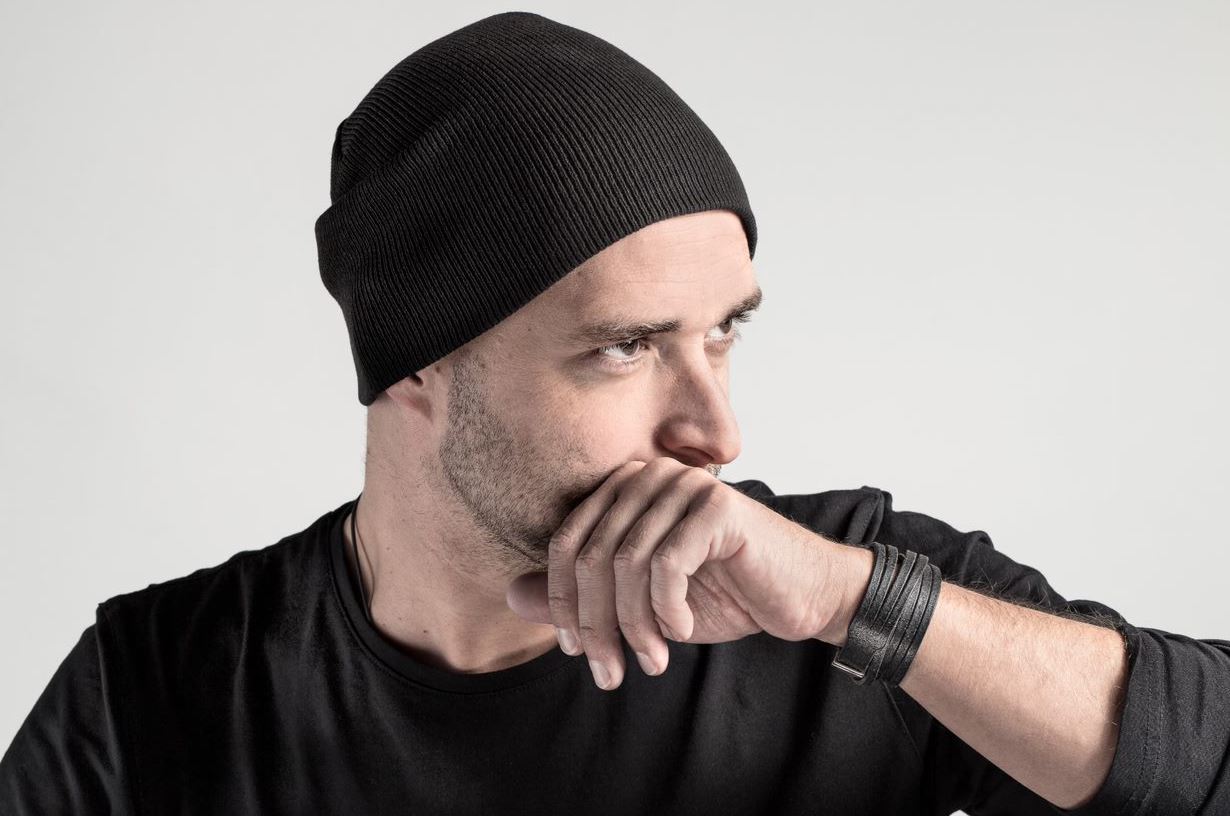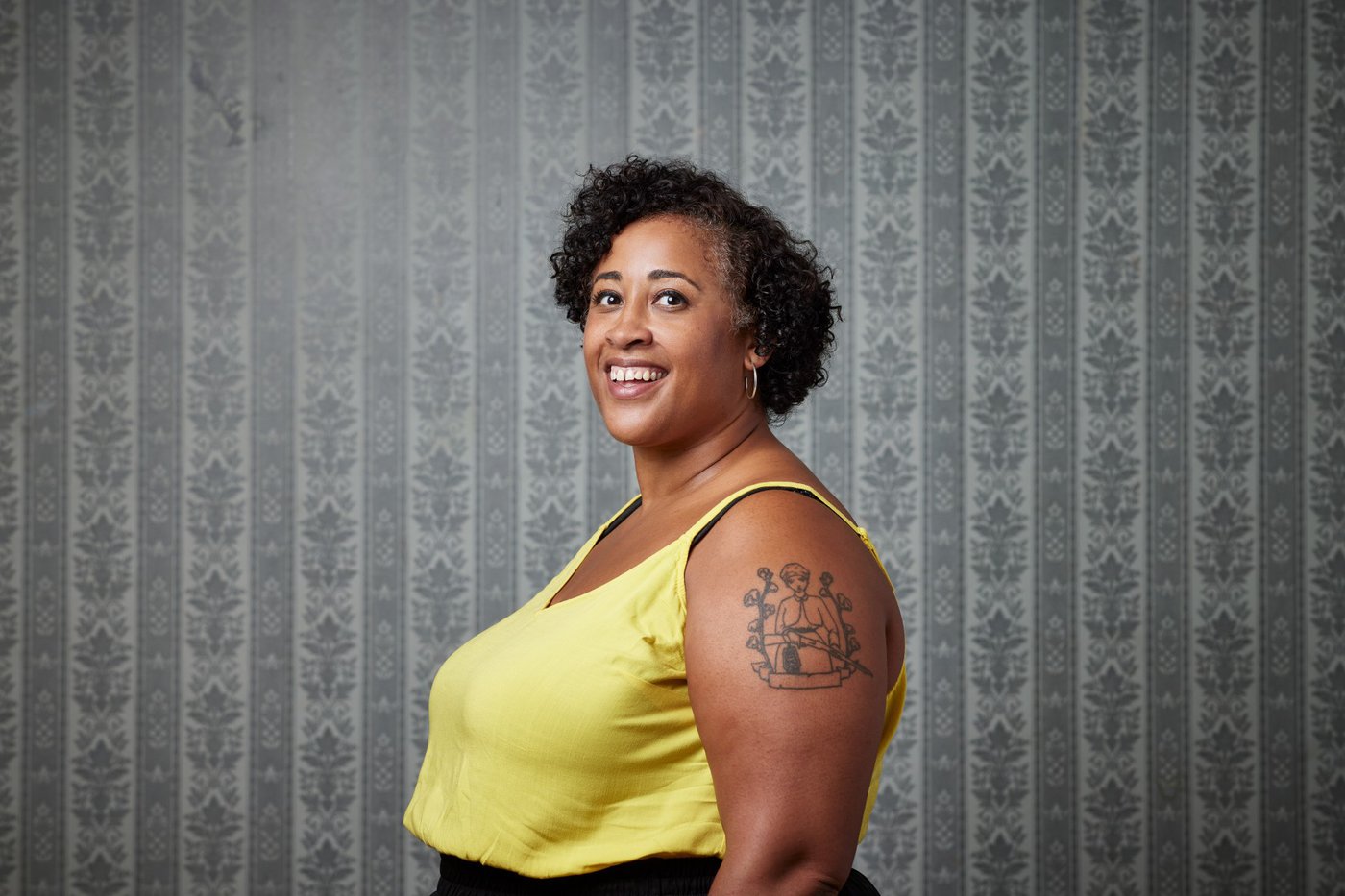University of Kassel introduces Master's in Music Publishing
Kassel is home to several internationally renowned music publishers. The University of Kassel is now offering a Master's degree course in Music Publishing to match.

Nowadays, music publishing no longer only means the traditional printing of sheet music and books, but also digital distribution and license management to a large extent, writes the University of Kassel. Almost every time music is played on YouTube or in the concert hall, royalties have to be paid to rightholders, and music publishers very often act as license administration offices. The practical relevance of studying in Kassel is primarily due to the fact that the regionally based publishing houses have been firmly integrated into the course.
In addition to typical courses in historical and systematic musicology as well as music education/music mediation, the course is characterized by numerous practical and future-oriented courses. These include the basics of layout and music notation, business administration and copyright law, as well as courses on digital music marketing, structural change in music publishing and a lecture series on new business models.
Within the University of Kassel, there is cooperation with the Institute for Business Law. A cooperation agreement has also been reached with Detmold University of Music. Last but not least, the new course promotes networking between the university and the region and yet remains a unique selling point - no other German-speaking university offers such a course.
More info: https://www.uni-kassel.de/uni/studium/musikverlagswesen-master







